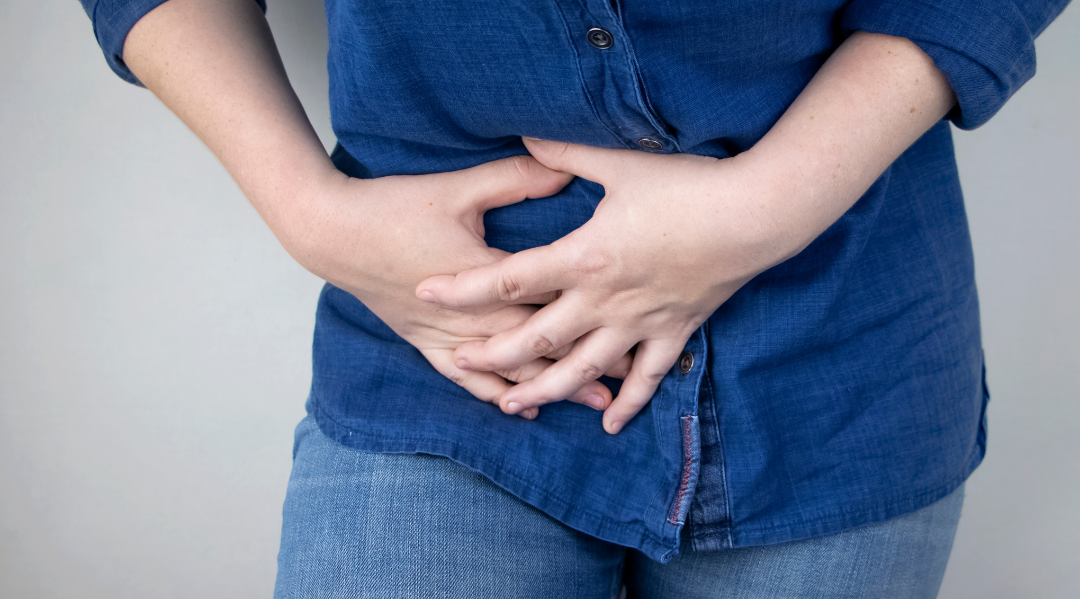Does Crohn’s disease cause hair loss? Crohn’s disease, a chronic inflammatory bowel condition, affects millions worldwide, with symptoms ranging from abdominal pain and diarrhea to fatigue and weight loss. While its impact on the gastrointestinal tract is well-documented, lesser-known are the potential effects it can have on other parts of the body, including hair loss. Hair loss, or alopecia, is a distressing symptom for many Crohn’s patients, often compounding the challenges already posed by the disease. Understanding the relationship between Crohn’s disease and hair loss is crucial for both patients and healthcare providers to better manage this aspect of the condition.
The Link between Crohn’s Disease and Hair Loss
While the exact mechanism linking Crohn’s disease and hair loss isn’t fully understood, several factors contribute to this association:
Nutritional Deficiencies:
Crohn’s disease can lead to malabsorption of essential nutrients, such as iron, zinc, and vitamins D and B12, which are crucial for maintaining healthy hair growth. Deficiencies in these nutrients can disrupt the hair growth cycle, leading to thinning or loss of hair.
Chronic Inflammation:
The chronic inflammation characteristic of Crohn’s disease triggers an immune response that can affect hair follicles. Inflammatory mediators may interfere with the normal growth cycle of hair, leading to increased shedding or even alopecia areata, an autoimmune condition characterized by patchy hair loss.
Medication Side Effects:
Many medications used to manage Crohn’s disease, such as corticosteroids and immunosuppressants, have side effects that include hair loss. While these medications help control inflammation and symptoms, they can also disrupt the hair growth cycle, resulting in temporary or sometimes permanent hair loss.
Stress and Emotional Impact:
Living with a chronic condition like Crohn’s disease can be emotionally taxing, leading to stress and anxiety, which are known triggers for hair loss. The psychological burden of managing the symptoms and lifestyle changes associated with Crohn’s disease may exacerbate hair loss in affected individuals.
Managing Hair Loss in Crohn’s Disease
While managing Crohn’s disease itself is the primary focus of treatment, addressing hair loss can significantly improve the quality of life for affected individuals. Here are some strategies to manage hair loss in Crohn’s disease:
Nutritional Support:
Ensuring adequate intake of essential nutrients through diet or supplements can help support healthy hair growth. Working with a registered dietitian or nutritionist can help tailor a diet plan to meet individual needs and address nutritional deficiencies.
Medication Adjustment:
If hair loss is suspected to be a side effect of medication, consulting with a healthcare provider about alternative treatment options may be beneficial. In some cases, adjusting the dosage or switching to different medications with fewer side effects may help alleviate hair loss.
Stress Management:
Incorporating stress-reduction techniques such as mindfulness, meditation, yoga, or counseling can help manage the emotional toll of living with Crohn’s disease and may indirectly alleviate hair loss triggered by stress.
Topical Treatments:
Some over-the-counter or prescription topical treatments may help promote hair regrowth in individuals experiencing hair loss. However, it’s essential to consult with a healthcare provider before starting any new treatment regimen.
Supportive Care:
Seeking support from healthcare providers, support groups, or mental health professionals can provide coping strategies and emotional support to individuals struggling with the psychosocial effects of hair loss.
Conclusion
Hair loss is a multifactorial issue in individuals with Crohn’s disease, influenced by nutritional deficiencies, chronic inflammation, medication side effects, and emotional factors. While managing the underlying disease remains the primary focus, addressing hair loss can significantly improve the quality of life for affected individuals. A comprehensive approach that includes nutritional support, medication adjustment, stress management, and supportive care can help manage hair loss effectively in Crohn’s disease patients, empowering them to navigate the challenges of living with this chronic condition with greater confidence and resilience.




